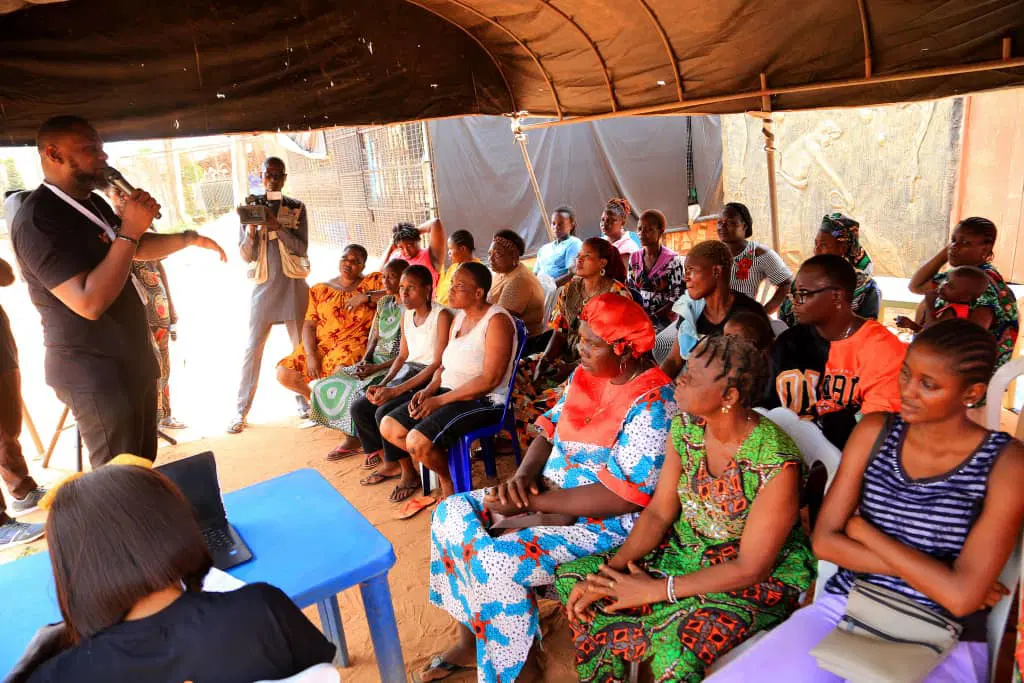Civil society organizations, legal professionals, and media representatives have collectively called on the Edo State Government to adopt the Freedom of Information Act (FOIA) at the state level, arguing it is crucial for bolstering transparency and accountability in governance.
The appeal was made during a town hall meeting held on Wednesday in Benin City, organized by the Centre for Transparency Advocacy (CTA).
The stakeholders emphasized the significant role the FOIA plays in empowering citizens to hold their government accountable. Discussions centered on the benefits of the Act and strategies for its effective implementation within Edo State.
Faith Nwadishi, Executive Director of the CTA, opened the meeting by highlighting corruption as a critical obstacle to progress and sound governance. She stressed the importance of proactive FOIA implementation in monitoring budgets and uncovering instances of misconduct.
“We are not victims of corruption but powerful change agents. FOIA should be a tool for transparency, yet many citizens face barriers when trying to access vital information,” Nwadishi stated. She urged the Edo government to prioritize the domestication of FOIA, citing bureaucratic hurdles and intentional withholding of information as key impediments to its effectiveness.
Representing the Attorney General of the Federation (AGF), Lateef Fagbemi, Garba Sunday, Head of the FOI Unit in the Ministry of Justice, reiterated the Act’s fundamental role in fostering good governance. He encouraged public institutions to proactively release information to the public.
“FOIA guarantees citizens access to government records without requiring justification. Public institutions must ensure transparency by keeping records accessible,” Sunday said. He acknowledged that Edo State has not yet enacted legislation governing access to government records and urged the state to harmonize its policies with the federal FOIA to strengthen accountability mechanisms.
The town hall meeting, supported by the Rule of Law and Anti-Corruption Programme (RoLAC) and funded by the European Union through International IDEA, provided a platform for stakeholders to discuss leveraging the FOIA to promote transparency and good governance.
Participants committed to intensifying advocacy efforts for FOIA domestication in Edo State, underscoring that access to information is paramount for a functioning democracy and the promotion of social justice. The collective voice of civil society, legal experts, and the media signals a growing demand for greater transparency and accountability from the Edo State government.

